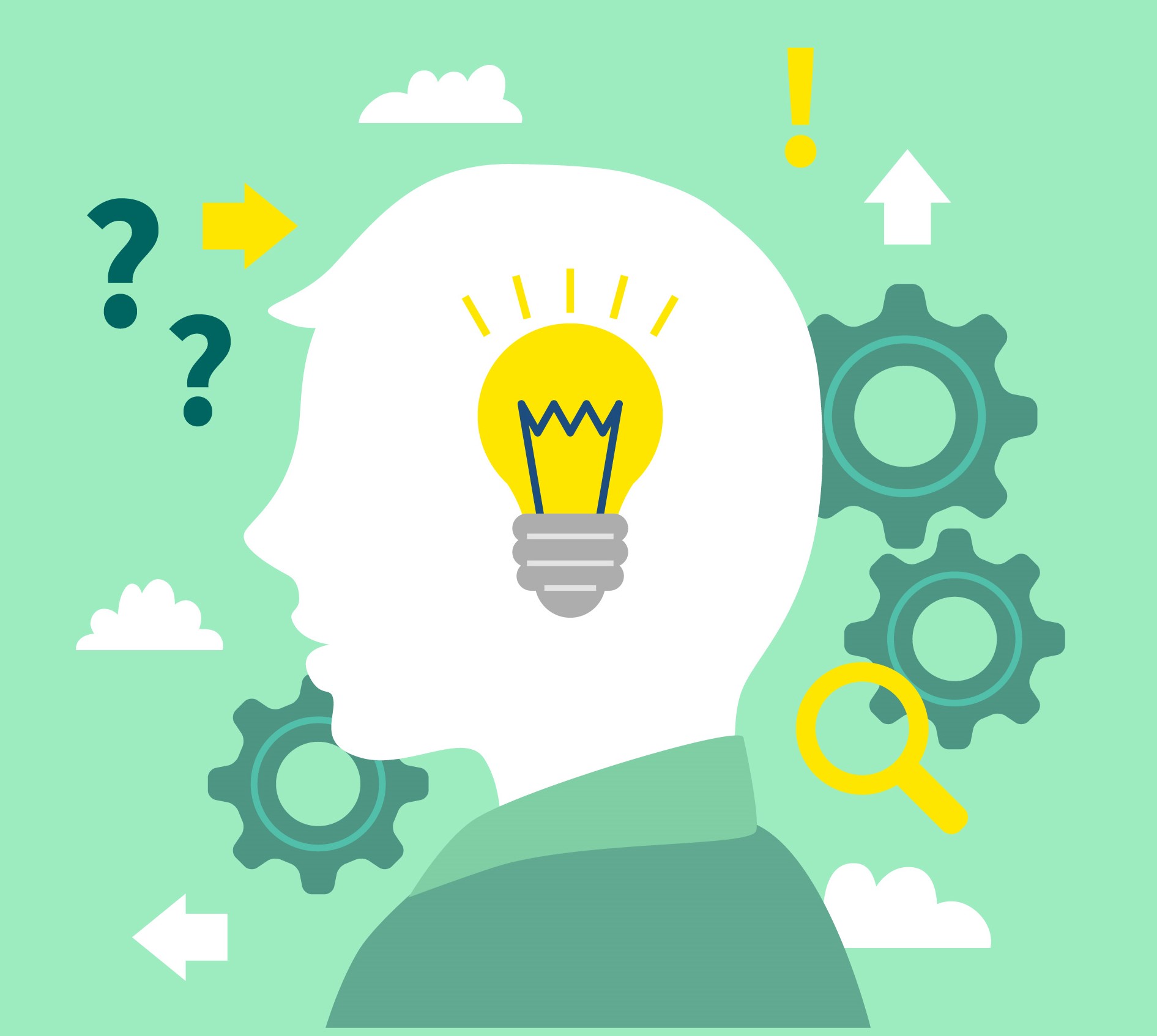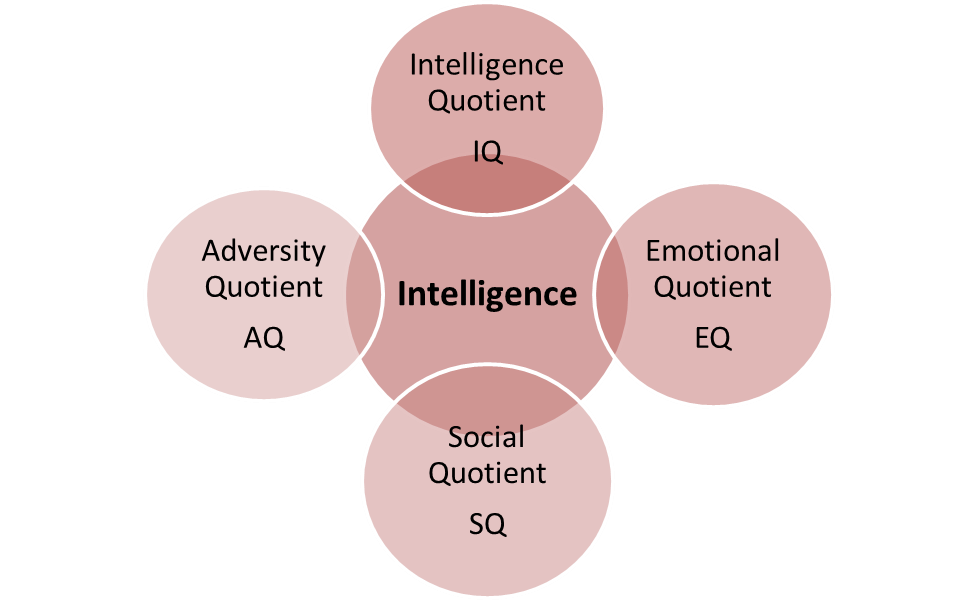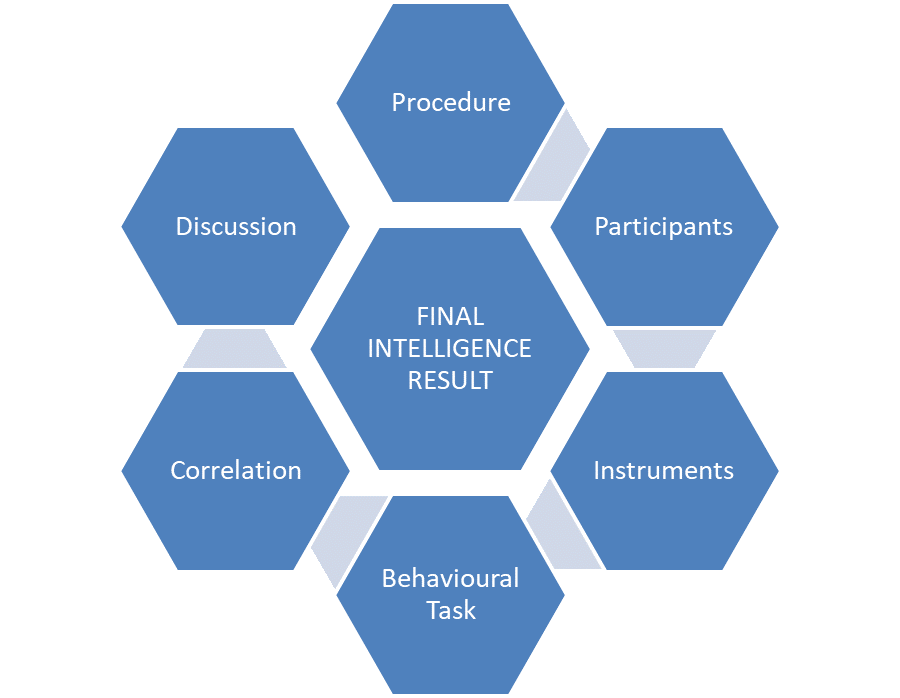Subscribe
Subscribe to EduBridge Blogs
Data Science vs Data Analytics: What are the differences?
Everybody has a different definition of intelligence because it is a phrase with many diverse meanings. “The ability to understand, adapt, and handle situations by adapting to varied environments” is the most basic definition of intelligence. The easiest method to remember is: LRS (Learn from experience, Recognize the problems, Solve the problems). Human beings graduated from apes that has led to development of Intellectual levels. Intelligence comprises of four pillars which are:
- Logic
- Reasoning
- Problem-solving
- Planning
In the distant past, people’s reactions or performance of activities were used to gauge their intelligence. However, due to advancement and innovation, assessing intelligence is no longer just based on IQ (Intelligence quotient). As commoners, the phrase “IQ” has become ingrained in our consciousness, although there are many more branches to intelligence evaluation. A classification follows:

Types of Intelligence
The “QUOTIENT” faction is the most prevalent among the many measuring ideas. A quotient is what? It serves as a gauge of someone’s propensity for taking on new challenges and overcoming difficulties. Among the difficulties are:
- Emotional breakdown
- Concentration
- Reasoning
- Decision making capacity

How intelligence is measured?
Let’s learn more about the various ways that intelligence is measured and why it’s important to think beyond IQ. It has become essential to assess intellectual capacity at every stage of life. Whether a candidate is applying for school admittance, a higher education programme, or a job opportunity, they will all be evaluated based on distinct factors. We hope that readers of this site will broaden their horizons and think outside the box. Let’s first comprehend the different types of measurements and the reasons why people should take these types of measurements into consideration.

Intelligence Quotient – IQ
IQ is a measurement of an individuals intellect and potential that is used to define his / her academic success or understand their job performance matrix. IQ is required to resolve problems, memorise and revise lessons.
Emotional Quotient – EQ
EQ helps us to evaluate an individuals to not only identify but also manage their own emotions but also of others too. Individuals with high EQ are masters in managing personal relations and are also champions of their careers. Various factors like punctuality, honesty, respectful and humility helps in evaluating a persons EQ.
Social Quotient (SQ)
SQ is used to track a persons ability to interact and engage with others socially. Good communication and Networking skills are traits of an individual with high Social quotient. Such people are very good in sales and marketing. Earlier organizations and schools gave more importance to IQ, whereas these days they have also started evaluating individuals basis their social quotient which helps the making a right decision while hiring.
Adversity Quotient (AQ)
AQ is the capacity of an individual to deal with and tackle adversity. People with high AQ can withstand setbacks and bounce back on track. AQ determines the mental strength of a person and evaluates him / her on the basis of his decision making in troubled scenarios.

As the famous saying of Socrates goes “Know Thyself” – one must always be assessed on the above quotients at every stage of life. Just like in school where all subjects are important, similarly assessment of intelligence basis above categories carry equal weightage. These assessments of intellect helps individuals not just understand their personalities but also helps them in making the right career choices. When we cover all the above aspects, it will help us in improving our own persona. It also helps us prep up for not only interviews but also to overcome the challenges that we might face during our professional journey.
The older academic system, or learning methods, limited learners from exploring the other quotients of intelligence. These quotients need to be synchronized with the domain skills in order to alleviate workplace performance.
With NEP re-visiting the educational curriculum after existing for 36 years, the educational pedagogy has changed for the better where learners are encourage to understand the theoretical insights and learn to apply them in practical instances as well. This enables learners and professionals to tap into the different quotients of intelligence and garner a better understanding of the domain skills. Taking theory to the practical practice also ensures that education is more inclusive and better for the health of the workforce requirements and also for the evolving growth path of the learner.
Recent Blogs
Related Blogs
Accelerate Your Career with Expert Guidance and Guaranteed Job*!
"*" indicates required fields


